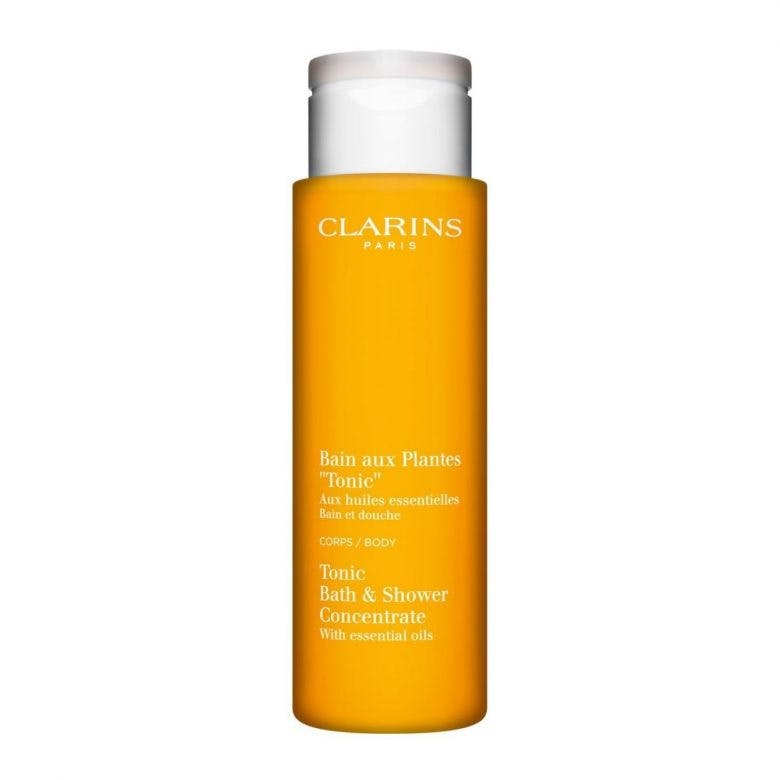Here Are 7 Ways To Help You Get Through Blue Monday
7 minutes read
Do you wake up every Monday with morning anxiety? Or drag yourself to work? Or perhaps lack passion or feel stressed? Chances are you have what experts call ‘Monday blues’.
Multiple studies suggest that people’s moods are typically at their lowest on Mondays. Millions consider it to be ‘the worst day of the week.’ Experts say poor night’s sleep and social work stressors precede the Monday blues.
We list seven expert-backed ways to combat those blues away.
What is Blue Monday?

The ‘Blue Monday’ concept was first coined in 2005 as a marketing ploy by a travel company to sell more travel packages during winter.
They worked with a psychologist to create an algorithm revealing that every third Monday of January is when people feel at their most hopelessness. It is easy to think that with gloomy weather conditions, debt levels, fading Christmas memories, the potential failure of New Year’s resolutions and the feeling of a need to take action, things add up to a depressing result.
But don’t be alarmed. Blue Monday has been debunked several times by scientists as no actual scientific studies have backed up any of its claims.
There’s a probability that what you’re experiencing is a symptom of Seasonal Affective Disorder (SAD), a type of depression that is frequent in the winter months. You could also be experiencing a psychosomatic response from social media with the 12-million-plus Instagram posts on #ihatemondays or #humpday posts. Of course, hump day is generally considered a Wednesday – but it’s whatever the worst day of the week is for you. There is also a type of trauma some medical professionals call Post-Pandemic Stress Disorder (PPSD).
How to survive Blue Monday or every Monday
It has never been more important to look after yourself both mentally and physically. Also, it’s not the saddest day of the year – unless you make it. Here are simple ways to retain your positivity and sanity on this day, and days after.
1. Use the weekend to recharge
Fatigue levels on Monday mornings are at peak because people either oversleep or doze off a little later on the weekend which disrupts the circadian rhythm (internal body clock). Experts explain delaying sleep and waking-up time declines mood and cognitive functioning, in addition to daytime sleepiness and fatigue.
The NHS advises sleeping and sticking to a regular schedule. This sets the brain and internal body clock to get used to a routine. Prioritise 6 to 9 hours of sleep so you wake up refreshed the next day.
2. Organise your mind
In a recent study conducted at the National Institute on Ageing, it was found that a disorganised mind leads to high stress, chronic negativity, and impulsivity. Write your to-do list as early as Friday so you can clear and organise your thoughts and prepare ahead of the workweek.
A great tip from the best-selling author of The 5 AM Club, Robin Sharma, is to adopt a minimalist mindset at work: streamline your tasks according to greater importance and do them one at a time. Always think about what you can do today that can make your future better.
3. Meditate and exercise
We know the bountiful benefits of meditation and exercise to our mental and physical health. But did you know that, when synchronised, it can lead to reduced depressive symptoms and ruminative thoughts?
Rutgers University found that 30 mins of each, twice a week, can reduce levels of depression by almost 40%. So, when those Monday blues start to lurk in, shake the gloominess off by listening to a guided meditation (Try Calm or Headspace) or try some dance cardio – whether that’s a class, spin session or dancing around the living room to your Spotify playlist.
4. Learn something new
During the pandemic, most of us experienced the feeling of languishing. Experts define it as a sense of stagnation and emptiness or an overall lack of interest in life.
A study between Oxford University and the Workers Educational Association of England and Scotland finds that when people participate in classes outside of work, they improve their mental and physical health and report greater satisfaction with their lives. Use this research to your advantage and approach 2022 with a new mindset.
Think about something that you want to learn more about but didn’t have the time pre-pandemic. Maybe you’ve always wanted to learn how to cook or master a new language. Happiness is learning, growing, and challenging yourself in new ways. New year, new skills!
5. Take vitamin D
During the winter months, a lack of sunlight can lead to a decrease in the amount of vitamin D. Research has shown that vitamin D plays an important role in regulating mood and decreasing the risk of depression. The NHS advises taking 10 micrograms of vitamin D daily.
Opt for Vitamin D-rich foods such as salmon, mackerel, and sardines, as well as red meat and eggs.
6. Stay warm
Most of us working from home are, admit it or not, in our loungewear. Why not take this opportunity to keep yourself wrapped in a warm blanket sans Zoom meeting? Put on a coat and still keep those legs warm and happy.
The health authorities say keeping warm is one of the best ways to stay well this winter. Have at least one hot meal a day or treat yourself with a warm cuppa. Investing in a weighted (therapeutic) blanket is also proven to improve sleep patterns while reducing anxiety and chronic pain.
7. Treat yourself in sales
Start the work week with some retail therapy. You are working too hard not to treat yourself with something you like. It can be a piece of clothing, beauty products, or new house decor. A study conducted by Pennsylvania State University researchers published in Psychology & Marketing showed that 62% of participants bought items to treat themselves and improve their bad mood.
Could Monday exhaustion indicate a larger issue?
Medical experts advise to never dismiss or minimise, what you’re going through. Paradoxically, encouraging such emotional dismissal leads to even greater psychological distress.
Blue Monday or not, there’s no denying that this year two of the pandemic has been quite challenging for all of us. If you’re feeling low or depressed, the best thing you can do is seek help.
Whether that’s speaking to a family or a trusted friend, through the NHS, or mental health charities like Samaritans dedicated to offering advice and understanding to people struggling with their mental health.
Beauty Daily Blue Monday self-care day routine
Clarins Training Manager, Charlotte McHale, shares a self-care routine fitting to keep those Monday blues away.
Morning routine:
McHale suggests incorporating Tonic Range into your Monday mornings. It is infused with essential oils including mint which is proven to increase memory and alertness in addition to decreasing anxiety and fatigue.

“Kick start the day with a tonic bath and shower concentrate. Apart from mint, it’s got some great aromatherapy qualities coming from geranium and rosemary which give a happy feel and a sense of well-being,” she explains.
Pour a few drops of concentrate in the bathtub, then run water (maximum temperature: 37°C-98.6°F). Stay in for 10 mins to inhale the aromatic steam. In the shower, apply to wet skin and rinse; don’t forget to inhale the uplifting aroma as it permeates the steam in the shower too, to get the aromatic benefits.
Bedtime ritual:
After a hectic workday, spend a little time on facial care.
If you’ve got a really short amount of time, just put on a mask (choose whichever one suits your skin.) Leave it for 10 mins, you can either relax or continue doing what you usually do at night.
Have 20 mins to spare? Post cleanse (double cleanse, exfoliation, and toning), try this DIY lymphatic drainage facial.
Apply a few drops of your favourite Clarins Face Treatment Oil onto the palm of your hands and massage gently on the face and neck in light sweeping strokes, gliding upwards and outwards. This will help banish the signs of stress and tension.
Final Word: Beauty Daily Beauty & Wellness Writer, Anne Lora Scagliusi
“Hectic workdays are inevitable. I make sure to take a pause and step away from my workstation. What I do is take a few deep breaths or take a 15-minute nature stroll. Both are proven to release dopamine and endorphins. More simply, I ask for a power-up hug from the hubby to release oxytocin. I am a true advocate of Clarins treatment fragrances. Most days, I’d grab Eau Dynamisante and end work with a spritz of the relaxing Eau Ressourcante. But to keep the Monday Blues away, my pick is the summery scent of Eau des Jardin. It reminds me of sunny Tuscany.”
Sign up for our newsletter
We will keep you in the loop for special offers, exclusive gifts and product news.

